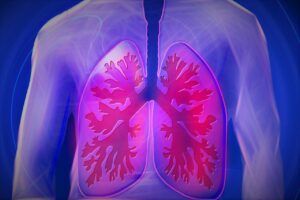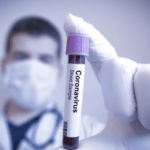A distinct pulmonary pathobiology
Another observation of the team involves a feature of the coronavirus “that is usually encountered only by physicians analysing tumours or autoimmune diseases,” according to Prof. Dr Jonigk, who adds that COVID-19 “apparently triggers a special form of vascularisation in the lungs, an abnormal formation of blood vessels.” This is what “fundamentally distinguishes Covid-19 from the severe lung infections caused by influenza viruses,” he states.
In the journal article, the researchers also emphasise that their sample was small – it covered 7 lungs from patients who died from COVID-19, 7 lungs from patients who died from ARDS secondary to influenza A(H1N1) and “10 age-matched, uninfected control lungs.” They conclude: “In our small series, vascular angiogenesis distinguished the pulmonary pathobiology of Covid-19 from that of equally severe influenza virus infection.” They note that further research is required to fully understand the mechanisms of the vascular changes in COVID-19 victims. “Additional work is needed to relate our findings to the clinical course in these patients.”







Leave a Reply